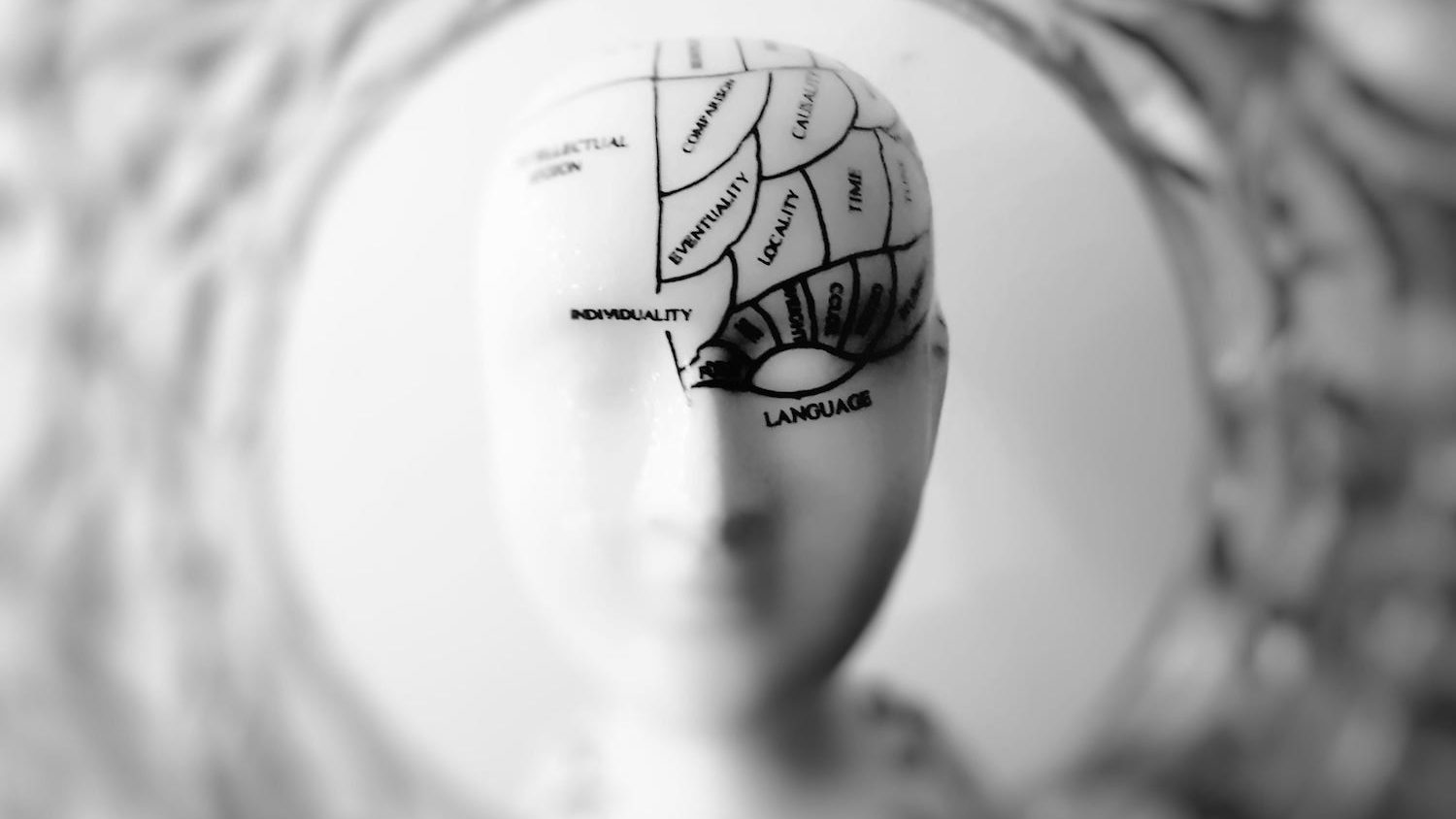Heroin is a highly addictive, illegal, rapidly acting opiate that is synthesized from morphine. Morphine is derived from the seeds of the opium plant, poppy. As such, any drug that is derived from opium poppy plants are classified as opiates. There are an abundance of mental effects that can occur as a result of heroin abuse. The National Institute on Drug Abuse assert that habitual use of heroin can lead to both short and long term changes in one’s brain.
It has been found that tolerance to heroin is quickly built, meaning a user will require more heroin to experience the same desired high as was previously achieved. Since heroin is an illegal substance, it is completely unregulated. Therefore, the potency, quality and whether or not it is laced with an additional substance and/ or additive is all left up to each individual manufacturer. In turn, this means that it is impossible for the consumer to know exactly what he or she is purchasing and subsequently ingesting. This paired with the ease of building up a tolerance to heroin, puts any individual at risk of fatal overdose, with each dose, every time it is used.
Heroin And The Brain
Heroin works by affecting neurotransmitters that communicate with the brain’s reward center. It binds to the mu-opioid receptors (MORs) in one’s body, akin to the naturally occurring chemicals in one’s brain that regulate pain, feelings of wellbeing, and the release of hormones. When MORs are activated, one’s brain responds by releasing dopamine, known as the feel-good-neurotransmitter by Psychology Today. Activating opioid receptors via heroin, instead of allowing the natural release of dopamine can lead to feelings of euphoria and its altering activity in the limbic system (area of the brain that controls emotions) can reinforce drug-taking behaviors.
The brain creates synaptic connections as a means to integrate external input and information. Synaptic connections are strengthened and neural pathways are created when the same external input is continuously presented. An individual that habitually abuses heroin will develop habits and patterns that support his or her substance use, which could in turn lead to the rewiring of his or her brain circuitry. Repeated habits and patterns could lead to certain neural pathways dying out, as they are no longer utilized (i.e. doing menial tasks without the presence of heroin in one’s system), as well as creating and strengthening new neural pathways (i.e. behaviors stimulated directly as a result of heroin use). Heroin abuse can awaken dormant mental health disorders or even contribute to the development of mental disorders (i.e. depression, antisocial personality disorder, generalized anxiety disorder…etc.). The National Institute on Drug Abuse addresses research findings that indicate a loss of the brain’s white matter in associating with heroin use.
The effects of heroin inevitably quash and other source of reward or gratification an individual may experience. When an individual has come to rely on heroin in this way its absence can lead to physical, mental and/ or emotional agony. Some of the mental withdrawal symptoms as listed in the Minnesota Post, from former heroin addicts include the following:
- Feelings of emptiness
- Depression
- Despair
- Hopelessness
- Difficulty sleeping
- Anxiety
- Intense drug cravings
- Fatigue
- Panic
Heroin distorts the way the brain perceives happiness. The withdrawal symptoms that can occur as a result of detoxing from heroin can be mentally crippling. Part of the reason for the manifestation of the severe mental withdrawal symptoms is due to the fact that habitual heroin abuse renders the brain unable to regulate its own neurochemistry and functioning.
For Information and Support
If you are concerned for yourself or a loved one in regards to substance abuse and/ or addiction we recommend reaching out for help as soon as possible. If left untreated, substance abuse can result in long lasting and potentially life-threatening consequences. Keep in mind: you are not alone! There is an entire network of professionals that are available to help and support you and your loved one throughout the recovery process. The earlier you seek support, the sooner your loved one can return to a happy, healthy, and fulfilling life.
Please do not hesitate to reach out with any questions regarding our specific program at Haven House Addiction Treatment and/ or general substance abuse and/ or addiction treatment related information. Our highly trained staff is readily available to discuss how we might best be able to help you and your loved one. We can be reached by phone at 424-258-6792.



